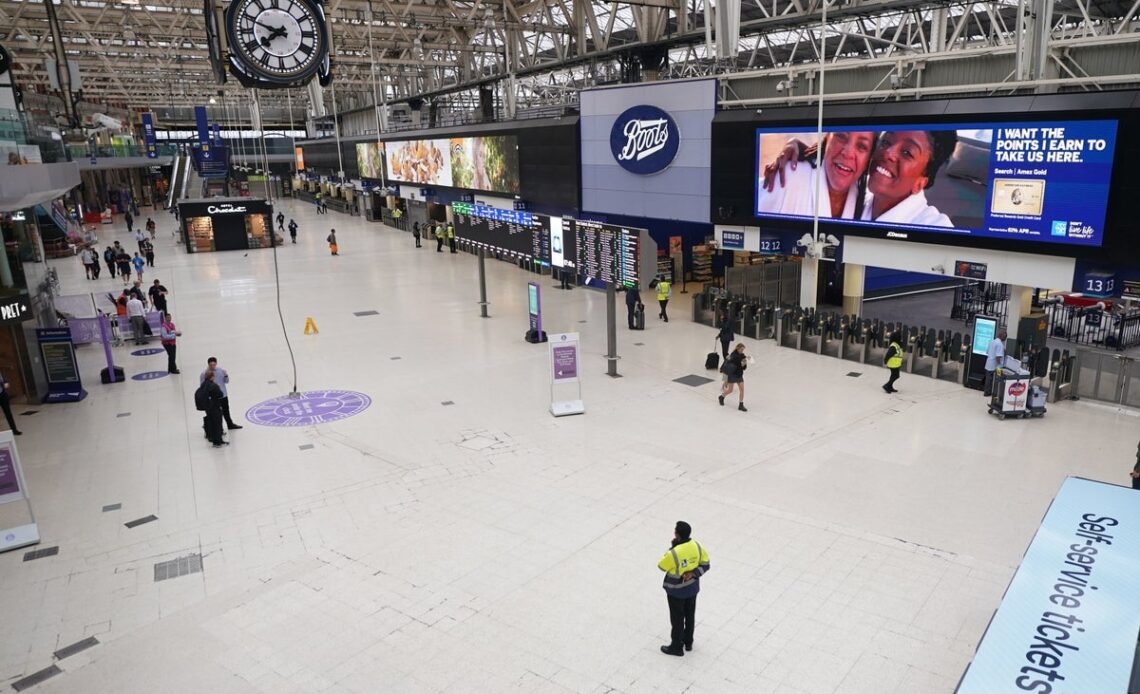Commuting can be fun. Just ask the lucky staff shuttling by seaplane between Vancouver Harbour and Victoria BC, the provincial capital. Or, on the other side of North America, those in the fortunate position of taking New York’s Roosevelt Island Tramway – actually a cable car, and “the most modern aerial tramway in the world” – shuttling from the island in the East River across to 59th Street and Second Avenue in Manhattan.
But mostly commuting really isn’t much fun at all. Which is why the acceleration of hybrid working that has flowed from the otherwise tragic coronavirus pandemic is rightly celebrated by millions. The 7.47 from Basingstoke (a train from the Hampshire town at 13 minutes to 8, not a Jumbo jet) to London Waterloo is much emptier than it used to be.
Qualities of life have improved markedly for those fortunate enough to spend at least part of the week working from home. Net incomes, too, have been boosted. But the corollary, of course, is that the bedrock of financing the railways has been removed. Around £2.2bn of fare revenue each year on Britain’s rail network before Covid was from season tickets bought unwillingly by commuters who knew they were a captive market.
That income has collapsed by 75 per cent. Naturally, some of the £1.65bn finds its way back into the railway industry – with commuters buying day tickets rather than weekly, monthly or annual seasons. But according to the latest figures from the Office of Rail and Road last month, overall revenue is still about £5bn short of the £11bn collected from fares before the pandemic.
The taxpayer is currently making up the difference – as she or he did at a rate of £1m per hour during the depths of the crisis. The ghost trains carrying just a handful of passengers became one of the emblems of the coronavirus pandemic in the UK – with railwaymen and women in the frontline, keeping the system running for essential workers.
They deserve credit. They also deserve a pay rise – especially since inflation is nibbling into everyone’s wages at an alarming pace. The question is: how much, and what will happen if they don’t get it?
How much? “An offer on pay which helps deal with the cost-of-living crisis, job security for our members and provides good conditions at work,” says Mick Lynch, general secretary of the RMT union.
“Recent proposals from Network Rail fell well short on pay and on safety around maintenance work,” he says. “And the train operating…
Click Here to Read the Full Original Article at The Independent Travel…
